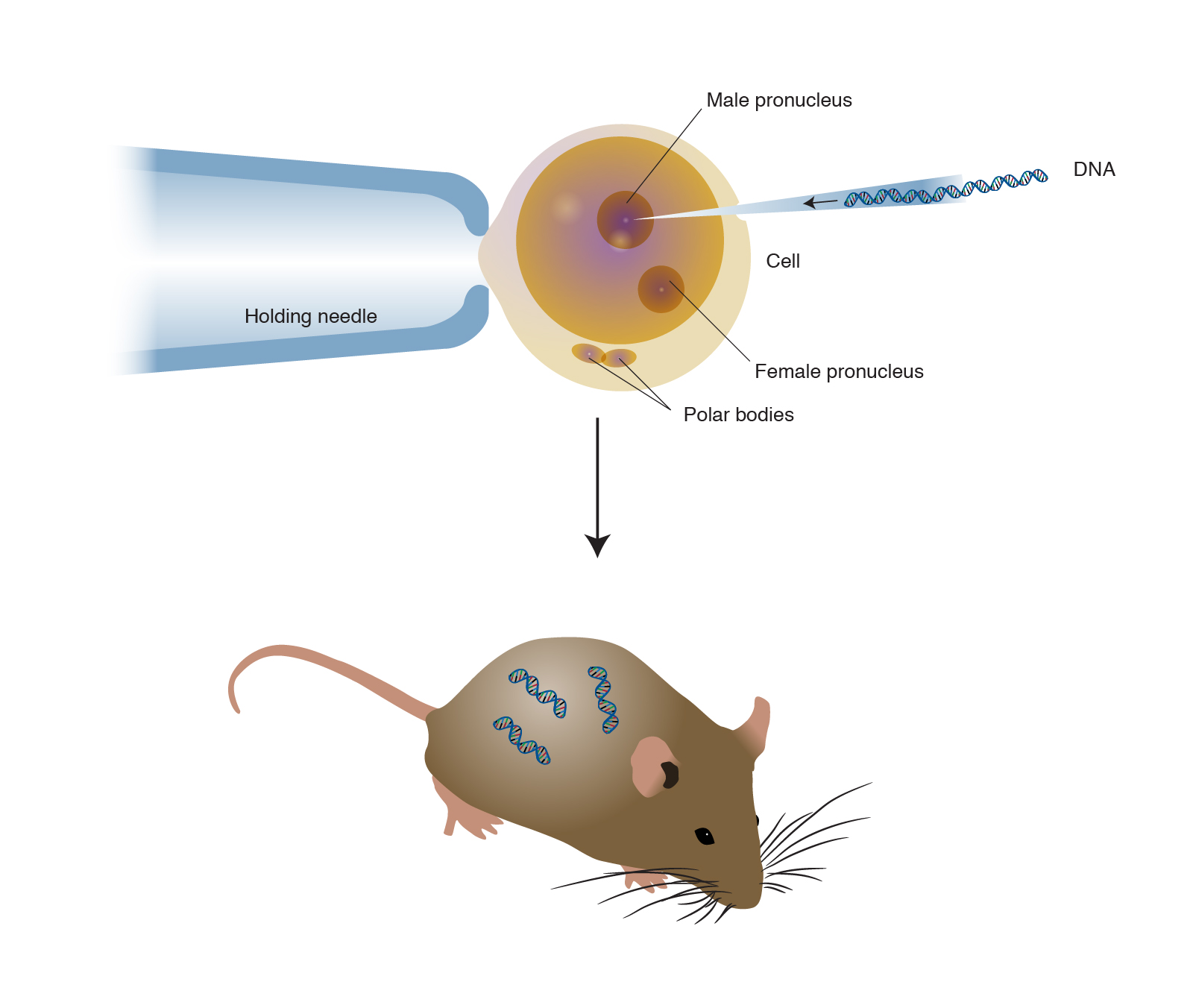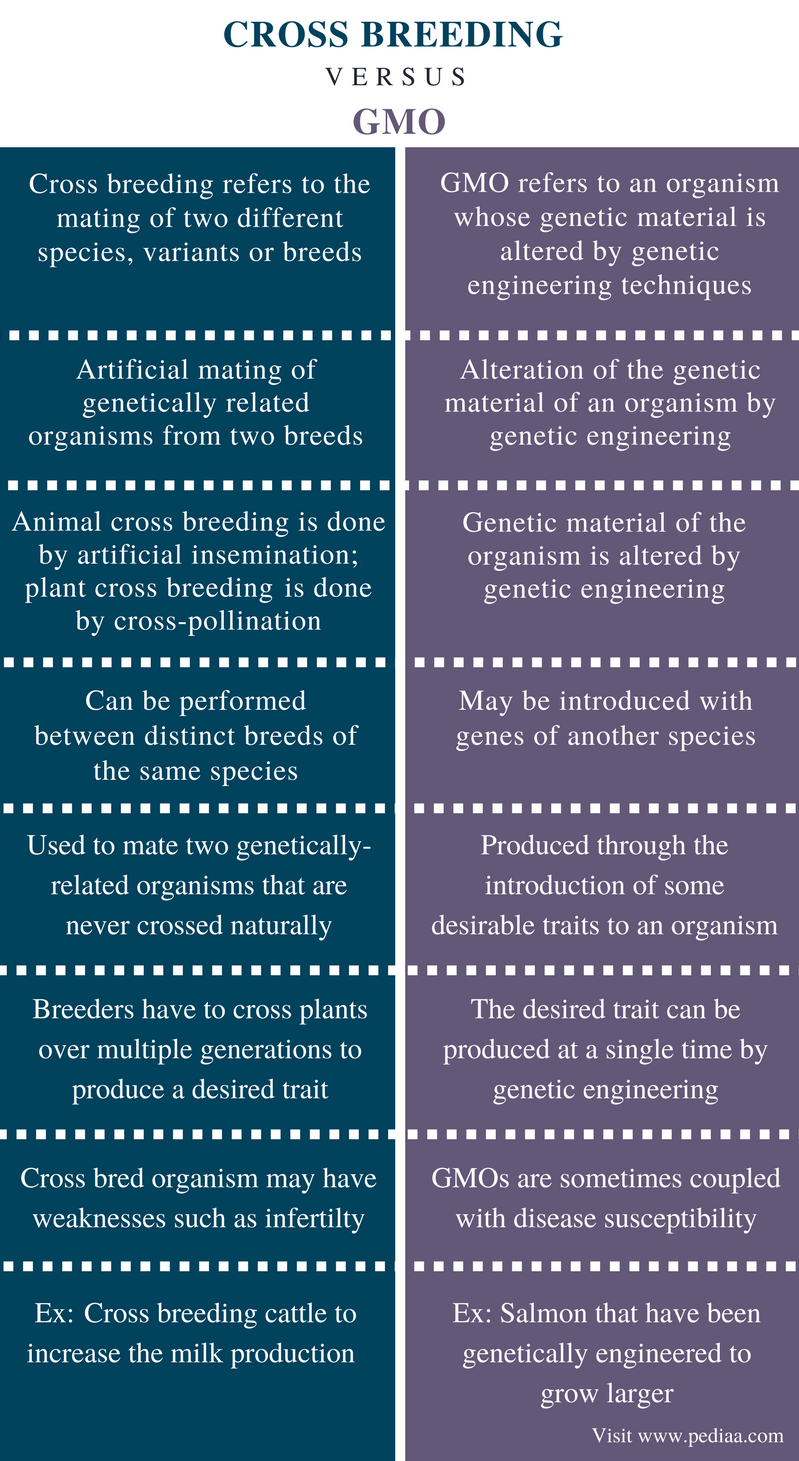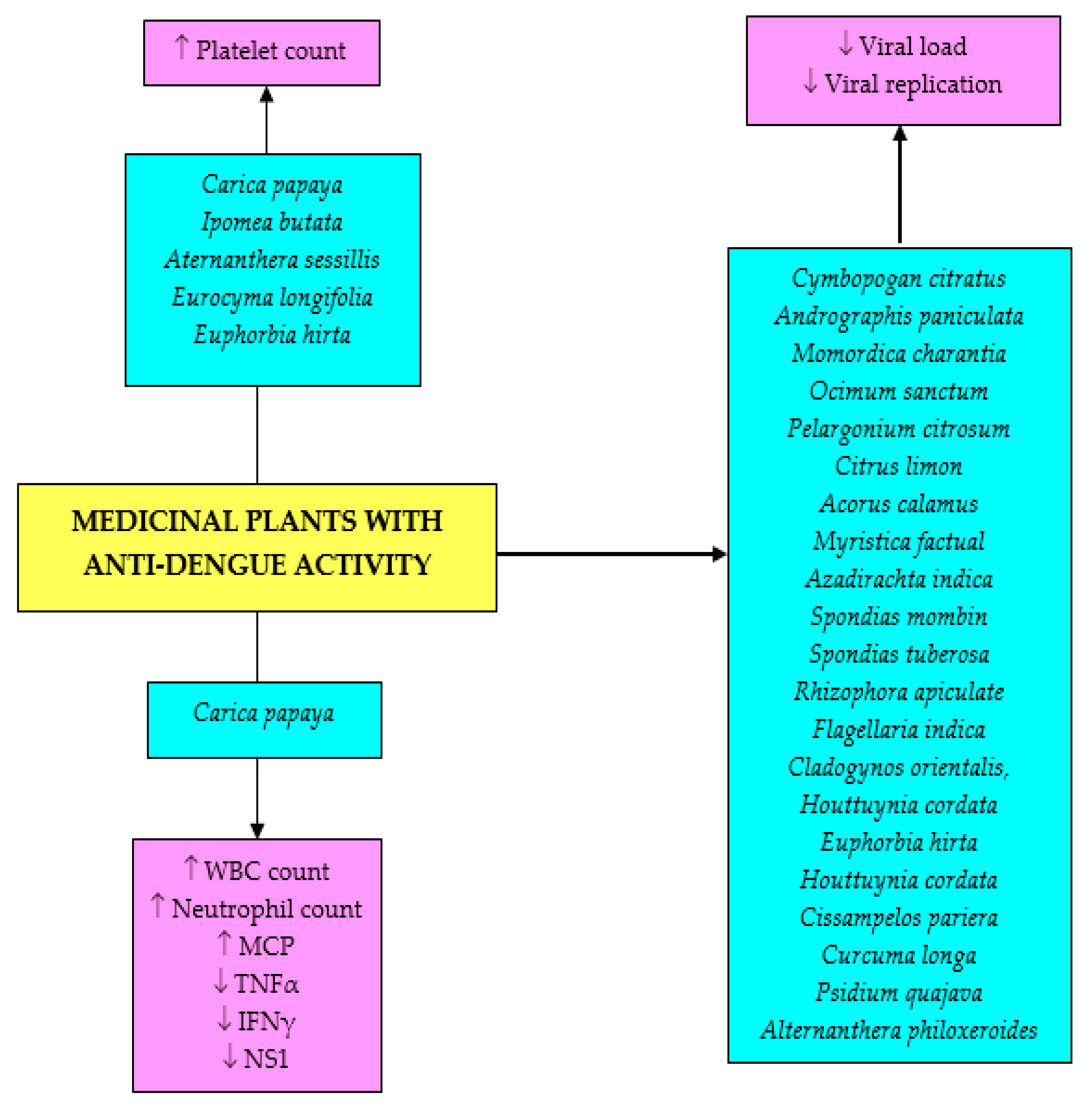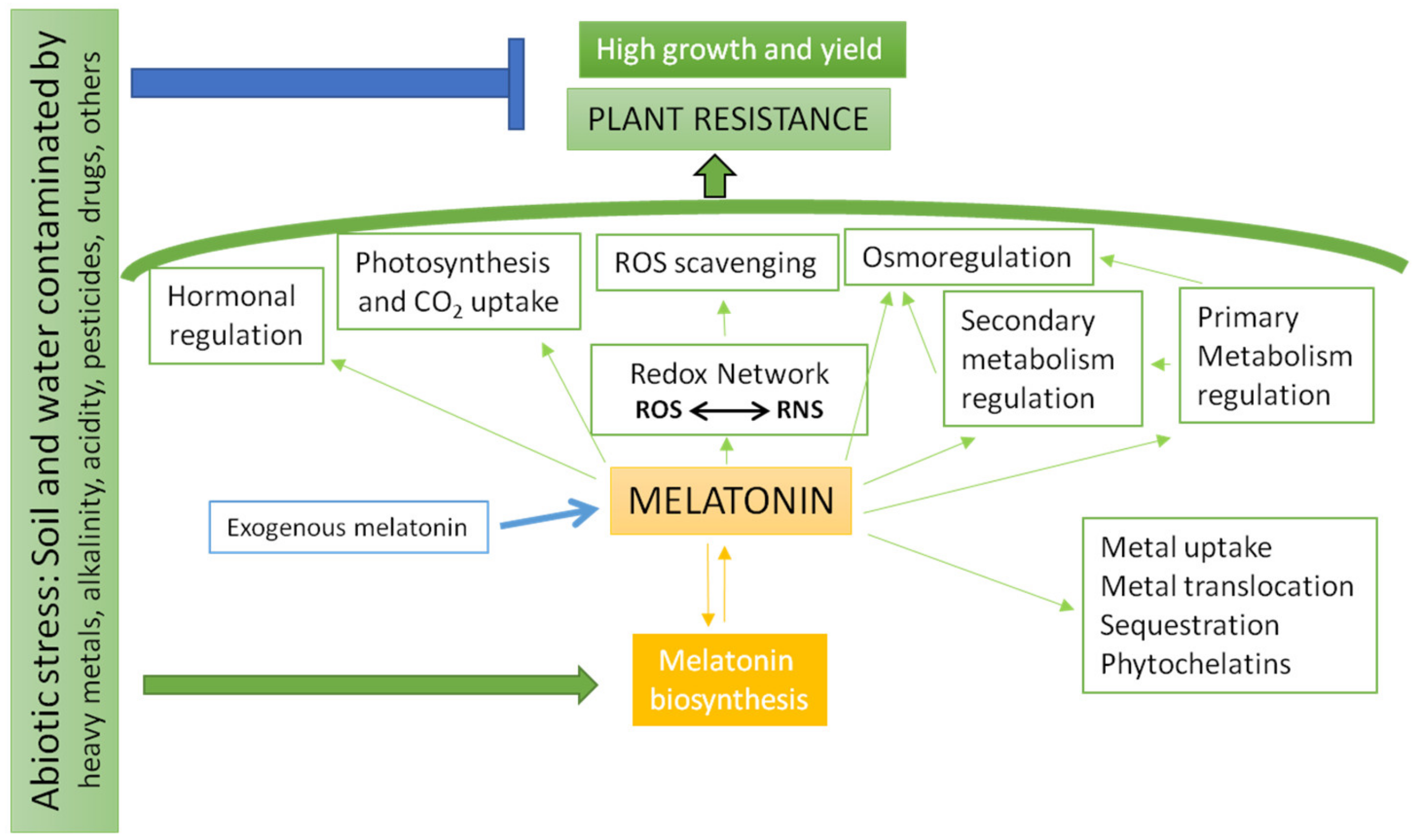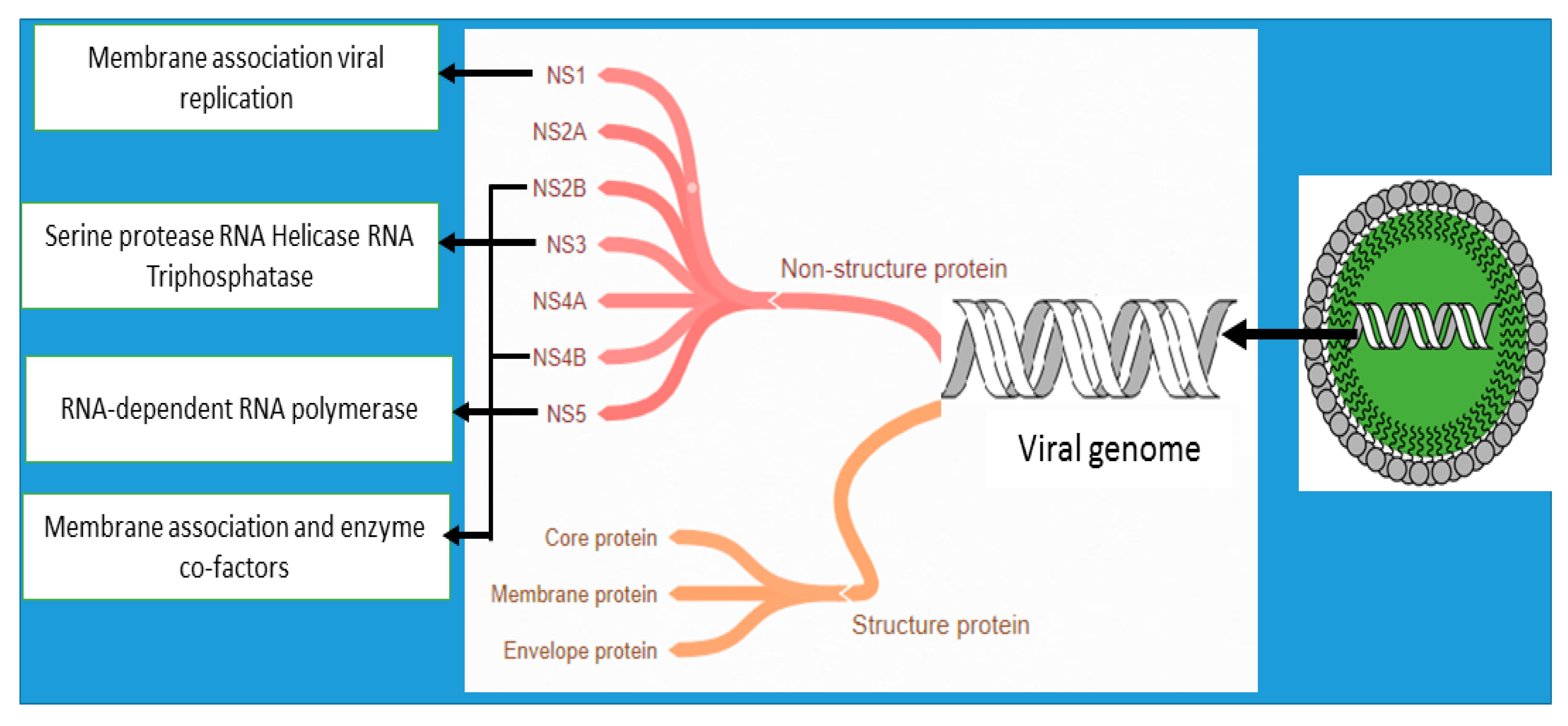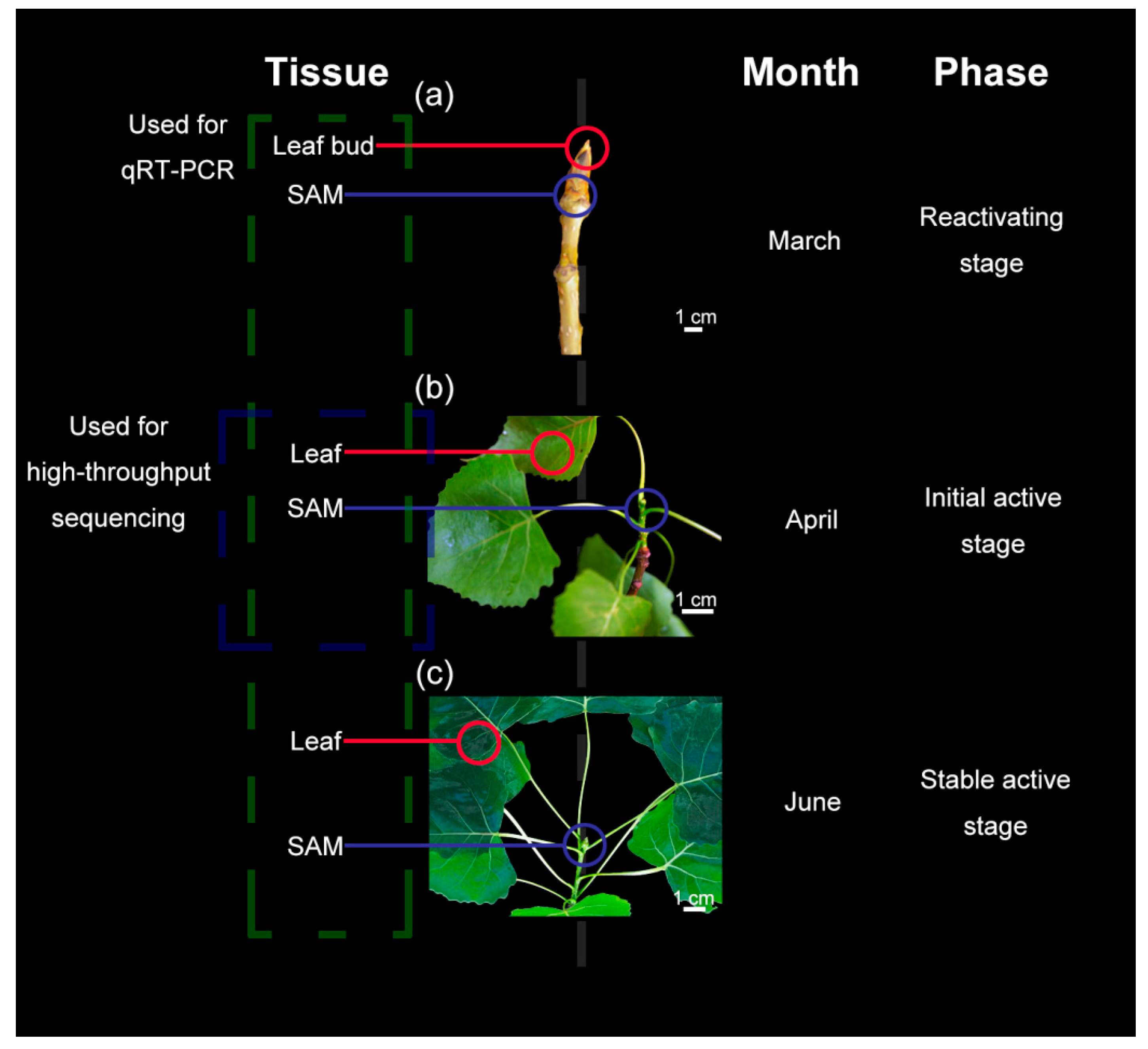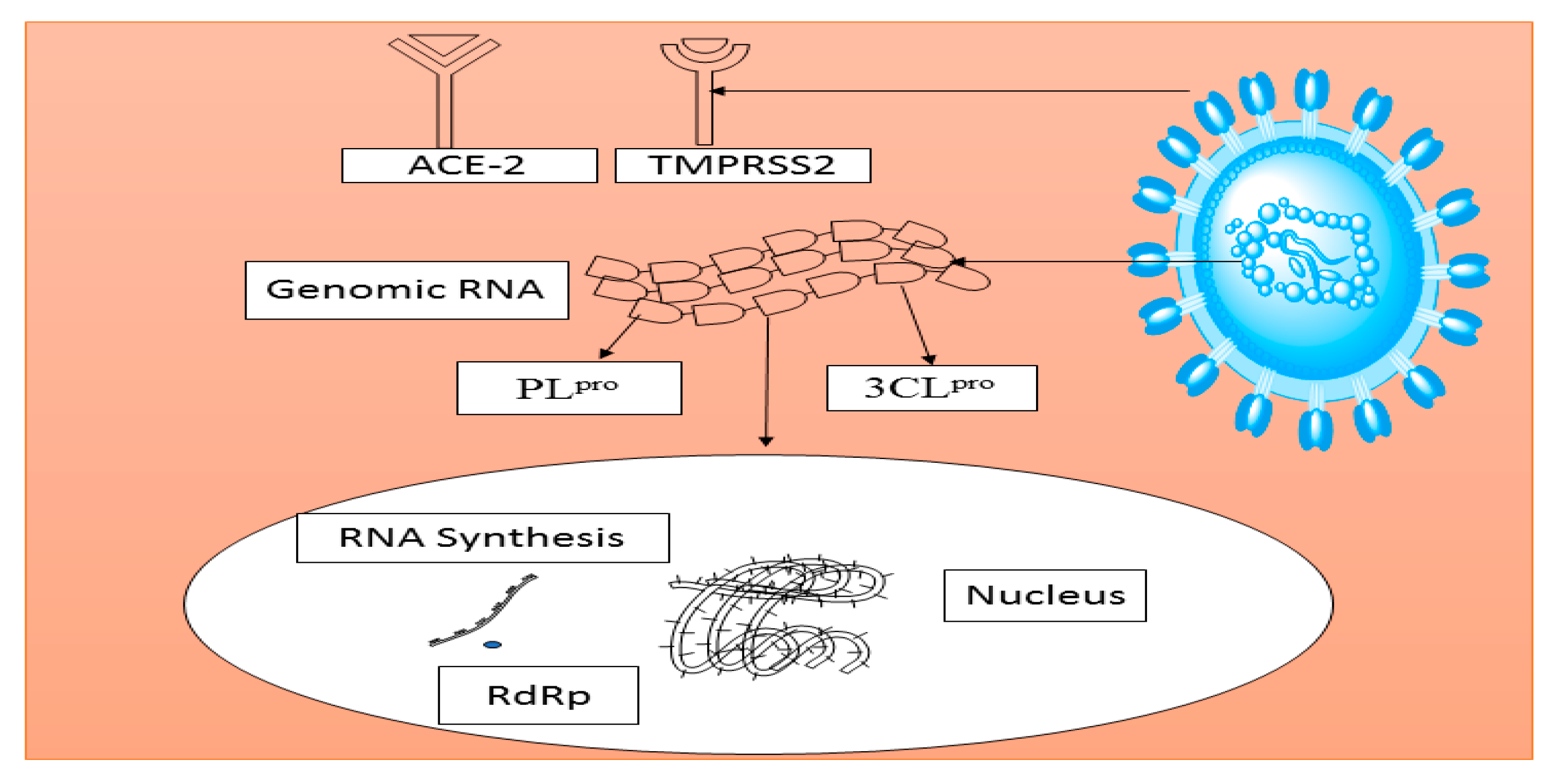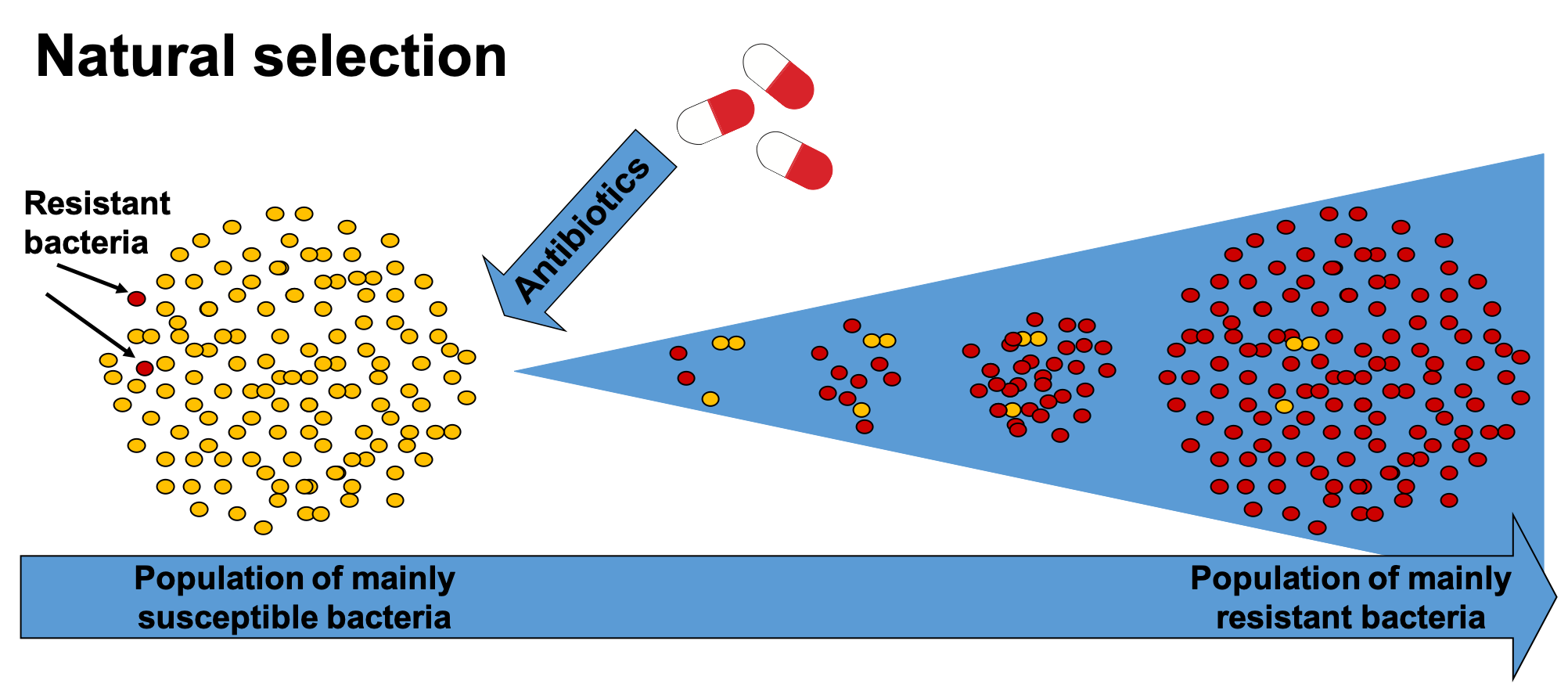Transgenic Plants And Animals Wikipedia

TRANSGENIC PLANTS- The plant whose genome is altered by adding one or more transgenes are known as transgenic plants.
Transgenic plants and animals wikipedia. Applications of animal transgenesis may be divided into three major categories. Transgenic plants are the ones whose DNA is modified using genetic engineering techniques. Transgenic models are more precise in comparison to traditional animal models for example the oncomouse with its increased susceptibility to tumor development enables results for carcinogenicity studies to be obtained within a shorter time-frame thus reducing the course of tumor development in experimentally affected animals.
Plant cells act as the Natures cheapest factory. Transgenesis is the phenomenon in which a foreign gene with desired characteristics is introduced into the genome of the target animal. Of which plant-based vaccine production has received particular attention due to the numerous advantages it may offer.
Transgenic plants potato and cotton were for the first time made available to farmers in USA. A transgenic plant contains a gene or genes that have been artificially inserted. Animal life is possible due to plants.
Transgenic Plants as Bioreactor Molecular Farming. For this reason the desired genes are cloned and expressed in animals such as sheep goats chickens and mice. Transgenic plants are plants that have had their genomes modified through genetic engineering techniques either by the addition of a foreign gene or removal of a certain detrimental gene.
I to obtain information on gene function and regulation as well as on human diseases ii to obtain high value products recombinant pharmaceutical proteins and xeno-organs for humans to be used for human. Plant can be used as bioreactor transgenic plants which can be used to produce the proteins or peptides encoded by the introduced foreign genes in vaccine production against animal and human diseases. Transgenic plants and animals Transgenic plants are plants that have been genetically engineered a breeding approach that uses recombinant DNA techniques to create plants with new characteristics.
The cell uses CO 2 water minerals and sun light to synthesise thousands of valuable and complex products which are the basis of animals life. Transgenic plants can produce a variety of proteins used in diagnostics for detecting and curing human and animal diseases in large scale with low cost. The aim is to introduce a new trait to the plant which does not occur naturally in the species.
